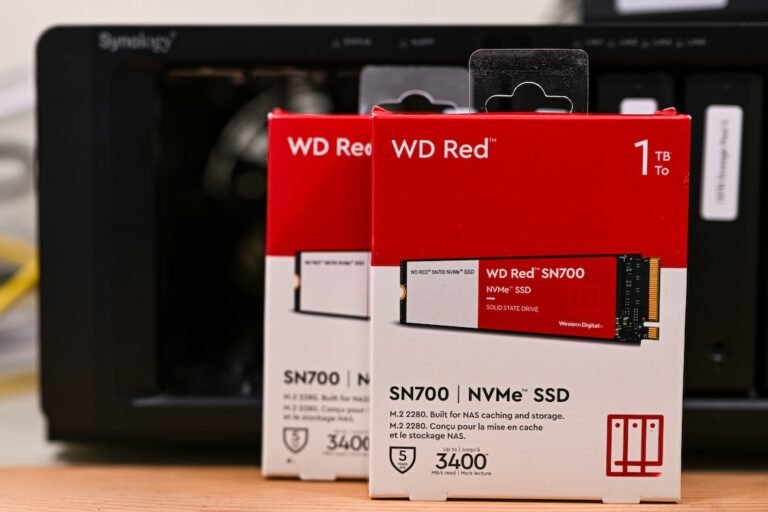Introduction
The hospitality industry has become increasingly digitalized in recent years. With the rise of online bookings, mobile check-ins, and digital payment systems, hotels and other hospitality businesses are relying heavily on technology to streamline operations and enhance guest experiences. However, this digital transformation also brings significant risks, particularly when it comes to data security and guest privacy.
In today’s digital landscape, cyber attacks and data breaches are becoming more sophisticated and prevalent. Hackers target hospitality businesses to gain unauthorized access to valuable guest information, including credit card details, personal identification documents, and contact details. This not only poses a risk to individual guests but also to the reputation and financial well-being of the businesses themselves.
To combat these threats and protect both guest data and hospitality networks, the use of a Virtual Private Network (VPN) has become essential. A VPN for hospitality offers a secure and encrypted connection between the user’s device and the internet. By routing the internet traffic through a remote server, VPNs provide an additional layer of security and privacy, making it difficult for hackers to intercept data and gain unauthorized access.
VPN for Hospitality Businesses
Hospitality businesses, such as hotels, resorts, and vacation rentals, handle a vast amount of sensitive information from their guests. This includes personal details, financial information, and even preferences and itineraries. This makes them an attractive target for cybercriminals.
By implementing a VPN for hospitality, businesses can ensure that all data transmitted between their guests and their network remains secure and encrypted. This is particularly crucial when guests use public Wi-Fi networks, which are often insecure and vulnerable to hacking attempts.
A VPN for hospitality businesses also allows employees to securely access the business network remotely. This is especially useful for hotel managers and staff who need to work from home or while traveling. With a VPN, they can connect to their hotel’s network as if they were physically present, ensuring secure communication and access to sensitive data.
Secure VPN for Hospitality Networks
In addition to protecting guest information, VPNs are also instrumental in safeguarding hospitality networks from cyber attacks. Hospitality networks are targets for hackers because they often have weak security measures in place. This puts not only the business’s private data at risk but also the stability and functionality of their operations.
By using a secure VPN for hospitality networks, businesses can establish a private and encrypted connection that shields their network from external threats. VPNs can detect and block malicious activities, such as Distributed Denial of Service (DDoS) attacks, which can overwhelm a network and cause service disruptions.
Moreover, VPNs provide an added layer of protection for Point-of-Sale (POS) systems, which are commonly used in hospitality businesses for processing payments. By encrypting the communication between the POS system and the network, VPNs ensure that credit card information is transmitted securely, reducing the risk of card skimming or other fraudulent activities.
Protect Hospitality Data with VPN
The importance of protecting hospitality data cannot be overstated. A data breach not only leads to financial loss and legal repercussions but also damages the trust and reputation that businesses have built with their guests. Implementing a VPN is a proactive step towards safeguarding sensitive information.
Aside from encryption and security measures, VPNs offer additional benefits in protecting hospitality data. They provide anonymity online by masking the user’s IP address, making it difficult for hackers to track their online activities. VPNs also offer features like ad-blocking and malware protection, ensuring a safer browsing experience for both guests and employees.
Furthermore, VPNs enable businesses to comply with data privacy regulations, such as the General Data Protection Regulation (GDPR) in the European Union. These regulations require businesses to implement measures to ensure the privacy and security of personal data. Using a VPN demonstrates a commitment to data protection and can help businesses avoid hefty fines and legal consequences.
Conclusion
In an era where data breaches and cyber attacks are on the rise, hospitality businesses must prioritize the security and privacy of their guest information. Implementing a VPN for hospitality networks not only protects sensitive data but also establishes a secure environment for employees to access the network remotely. With its encryption and additional security features, a VPN is an indispensable tool in safeguarding against cyber threats and maintaining the integrity of hospitality operations.
FAQ
| Question | Answer |
|---|---|
| What is a VPN? | A Virtual Private Network (VPN) is a secure and encrypted connection that protects your online activities and ensures data privacy. It establishes a private network over a public one, allowing users to securely access the internet and other networks. |
| How does a VPN protect hospitality data? | A VPN protects hospitality data by encrypting it and creating a secure connection between the user’s device and the internet. This ensures that sensitive information cannot be intercepted or accessed by unauthorized parties. |
| Can a VPN help with compliance to data privacy laws? | Yes, a VPN can help hospitality businesses comply with data privacy laws, such as the GDPR. By encrypting data and implementing additional security measures, a VPN demonstrates a commitment to data protection and can mitigate legal risks. |
| Is a VPN only useful for remote access to networks? | While VPNs are commonly used for remote access, they also provide essential security benefits for local network connections. They protect data transmitted over public Wi-Fi networks and safeguard against cyber threats and attacks. |
| What other benefits do VPNs offer for hospitality? | In addition to data protection, VPNs offer anonymity online, ad-blocking, and malware protection. They enhance the overall security of browsing experiences and contribute to a safer digital environment for both guests and employees. |
Further Reading
| Website | Description |
|---|---|
| Hospitality Technology | Provides news and insights on the latest technological advancements in the hospitality industry. |
| Data Protection for Hospitality Industry | Information and guidance on data protection regulations specifically for the hospitality industry. |




